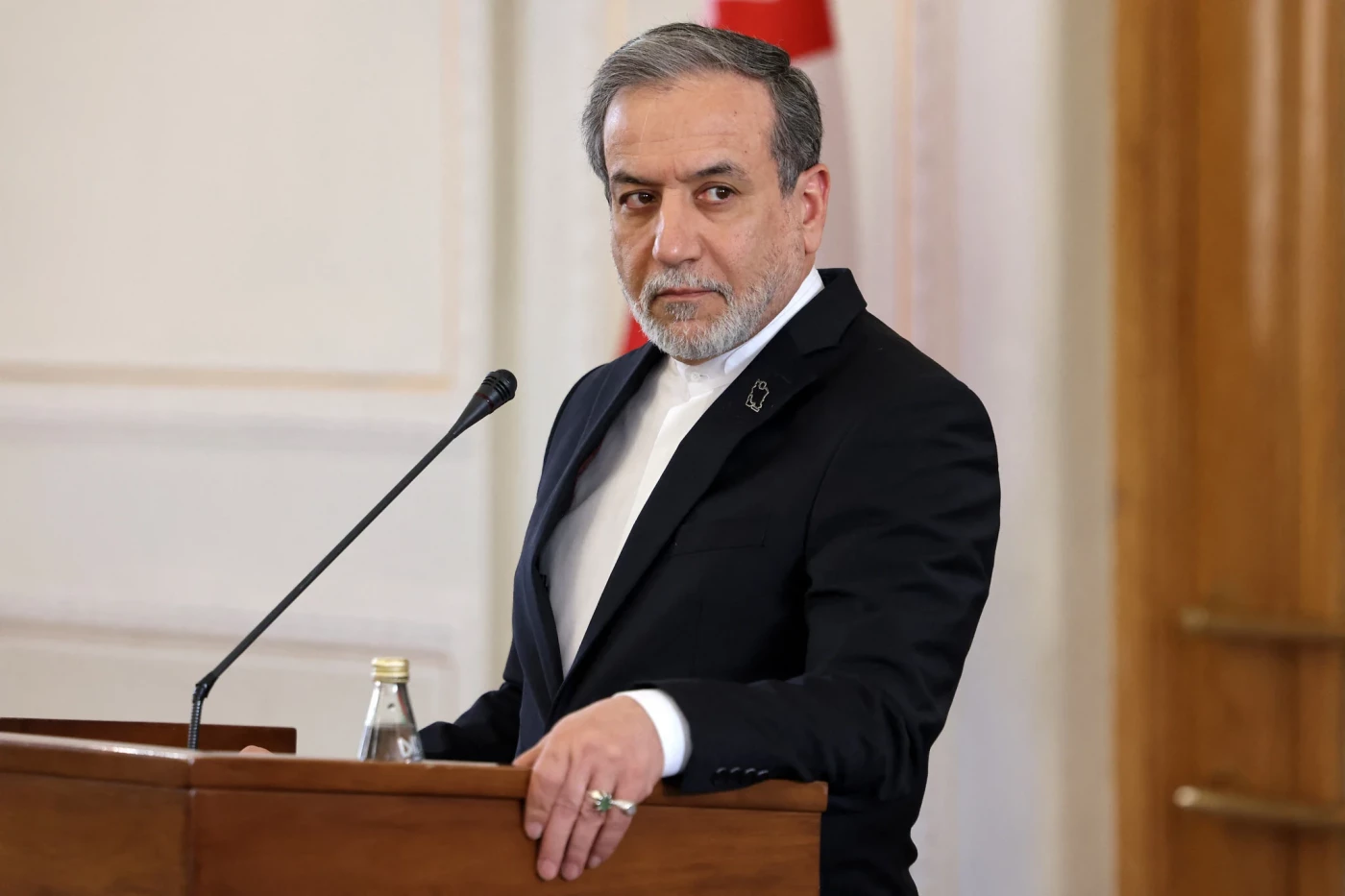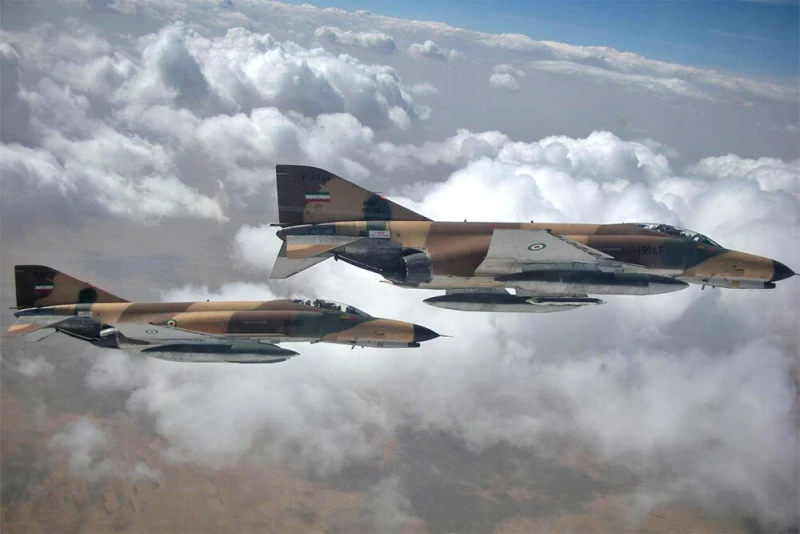ERBIL, Kurdistan Region of Iraq - Iranian Foreign Minister Abbas Araghchi on Sunday described any direct talks with the United States as “meaningless” after President Donald Trump said he would prefer direct negotiations with Tehran over a nuclear deal.
"Direct negotiations would be meaningless with a party that constantly threatens to resort to force in violation of the UN Charter and that expresses contradictory positions from its various officials," Araghchi said in a foreign ministry statement, adding Tehran remains "committed to diplomacy" and is "ready to try the path of indirect negotiations."
Over the weekend, Trump said: “I think it is better if we have direct talks.”
The US president added it "goes faster, and you understand the other side a lot better than if you go through intermediaries. They wanted to use intermediaries. I don’t think that’s necessarily true anymore.”
In late March, Trump threatened that if Tehran does not make a deal on the nuclear issue, “there will be bombing. It will be bombing the likes of which they have never seen before.”
The American president’s remarks came after Tehran rejected his proposal to engage in direct negotiations over its nuclear development program.
"Iran keeps itself prepared for all possible or probable events, and just as it is serious in diplomacy and negotiations, it will also be decisive and serious in defending its national interests and sovereignty," Araghchi said on Sunday.
The United States, European powers, and the International Atomic Energy Agency (IAEA) have repeatedly raised concerns that Tehran is accelerating on its path toward developing nuclear weapons.
To ensure that Iran will never get its hands on nuclear arms, the administration of Trump has been relentlessly pushing Tehran to come to the negotiating table.
President Masoud Pezeshkian of Iran said over the weekend that Tehran was "by no means" seeking a military conflict with the United States, but fully prepared to defend its sovereignty without hesitation, in a phone conversation with Saudi Crown Prince Mohammed bin Salman.
Pezeshkian had reiterated that Tehran's official line was that its nuclear program remains peaceful.
"The pursuit of atomic weapons has no place in Iran's nuclear doctrine," he declared.
In early February, Trump signed a memorandum restoring his "maximum pressure" policy against Iran, which entails a series of extensive sanctions on Tehran and new economic measures to pressure the country.
In 2015, world powers agreed to ease international sanctions on Iran in exchange for curbs on Tehran’s nuclear program, a deal that came to be known as the Joint Comprehensive Plan of Action (JCPOA).
The United States, during the first Trump administration, unilaterally withdrew from the landmark and reimposed economic sanctions, causing extensive damage to the Iranian economy.
Iran insists that their nuclear development efforts are peaceful. The US, however, has remained wary of Tehran’s nuclear program, suspecting that Iranian nuclear research is driven by a desire to acquire nuclear weapons.



 Facebook
Facebook
 LinkedIn
LinkedIn
 Telegram
Telegram
 X
X


